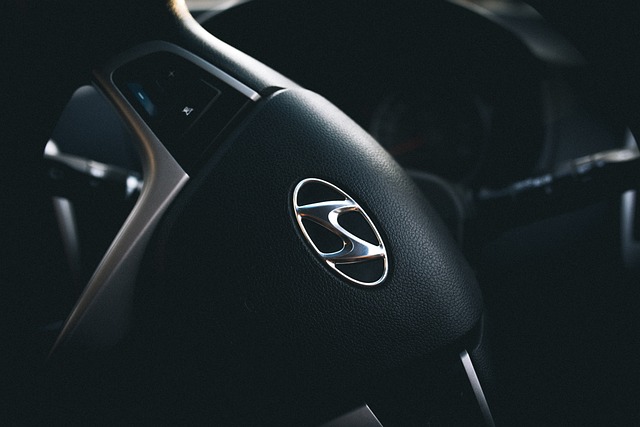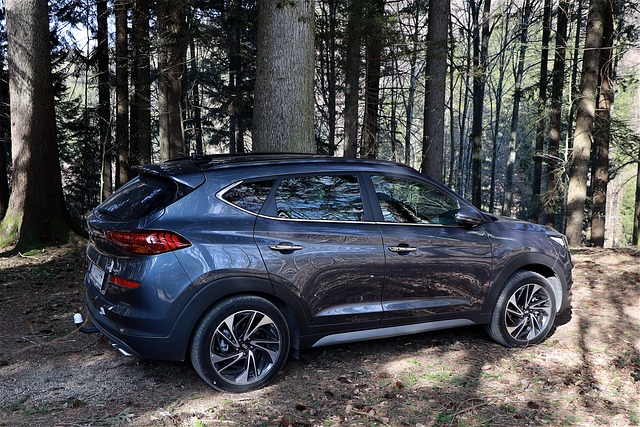When it comes to buying a car, many factors come into play, especially resale value. You might think that all vehicles depreciate quickly, but Hyundai resale value tends to hold up better than you’d expect. This is due to a combination of factors, including reliability and brand loyalty, which make Hyundai a popular choice among consumers. In this article, we’ll explore some of the reasons behind this phenomenon, so you can make informed decisions when considering your next vehicle.
Main Points
- The role of brand reputation in resale value.
- Impact of reliability and maintenance costs.
- Consumer perceptions and loyalty toward Hyundai vehicles.
- Market trends affecting vehicle depreciation rates.

The Key Factors Contributing to Hyundai’s Impressive Resale Value
Hyundai’s remarkable resale value stems from several key elements. First, robust quality in manufacturing enhances buyer confidence. Second, the brand’s consistent innovation keeps models desirable. Third, excellent customer service amplifies customer satisfaction, leading to strong word-of-mouth endorsements.
- Reliability: Hyundai vehicles are known for their durability, minimizing depreciation.
- Warranty: Comprehensive warranty packages reassure buyers about long-term investment.
- Market Demand: High demand for used Hyundais keeps resale prices stable.

Comparing Hyundai’s Resale Value: How It Stands Against Competitors
When evaluating the resale value of Hyundai vehicles, it’s crucial to scrutinize how they fare against competitors like Toyota and Honda. Although Hyundai cars have made notable advances in quality, they still exhibit varied resale values in comparison to these brands. For instance, factors such as market demand and brand reputation significantly impact their depreciation rates.
Hyundai vs. Competitors: A Comparative Overview
| Brand | Average Resale Value |
|---|---|
| Hyundai | 75% |
| Toyota | 80% |
| Honda | 78% |
Thus, while Hyundai offers robust features and excellent warranties, its resale performance unveils a complex picture. Notably, prospective buyers must consider these variables before making a decision.
Conclusion
In conclusion, understanding the factors influencing Hyundai resale value is essential for both potential buyers and current owners. A strong resale value not only reflects the vehicle’s reliability and quality but also provides reassurance when making a financial decision. By keeping up with maintenance and opting for popular models, owners can maximize their investment. Yet, factors like market trends and vehicle condition also play a crucial role in determining worth. Ultimately, staying informed about these elements can guide drivers in making wise choices, ensuring they get the best value from their Hyundai in the long run.
Frequently Asked Questions
What factors affect the resale value of a Hyundai?
The resale value of a Hyundai can be influenced by several factors, including the car’s age, mileage, condition, maintenance history, market demand, and overall reputation of the Hyundai model. Additional features and trims can also play a significant role in determining the resale value.
How does Hyundai’s warranty impact resale value?
Hyundai is known for its strong warranty coverage, which can positively impact resale value. Potential buyers may be more attracted to used Hyundais due to the remaining warranty, as it provides assurance against unexpected repair costs. This can make Hyundai vehicles more desirable on the resale market.
Are Hyundais generally considered good for resale value?
Yes, Hyundais are generally considered to have good resale value compared to many other brands. Models like the Hyundai Kona and Hyundai Santa Fe tend to hold their value well, thanks to their reputation for reliability, fuel efficiency, and affordability, which appeal to a wide range of buyers.

